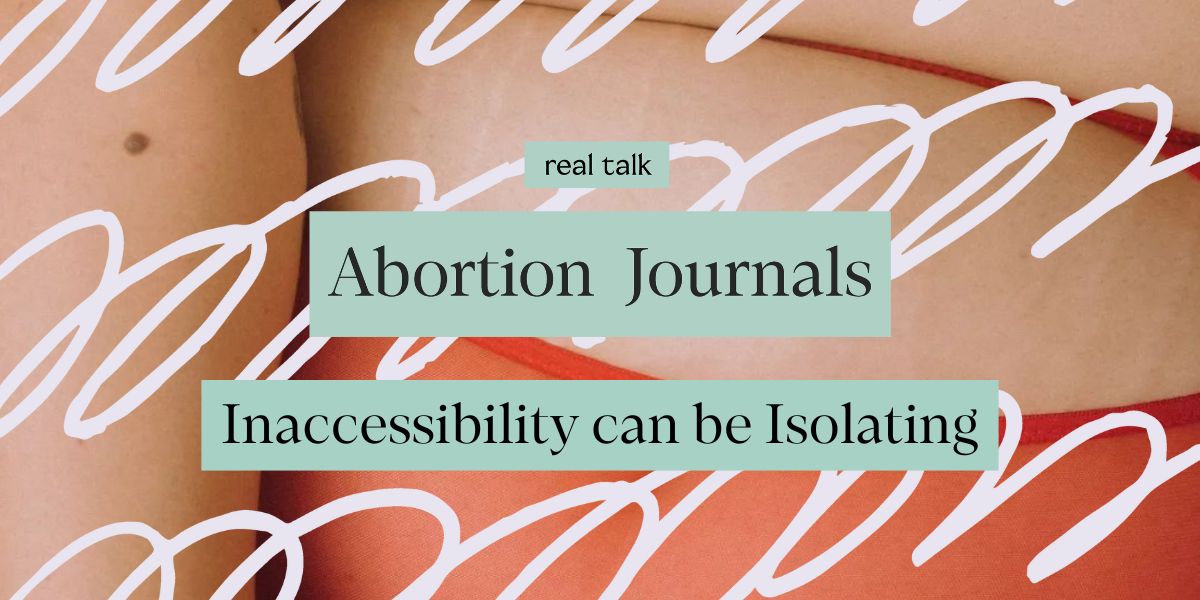How does the morning-after pill affect your period?

If you’re considering the morning-after pill available without a prescription as an emergency contraceptive, you may be curious as to how the morning-after pill can affect your menstrual cycle. Let’s review the possible side effects of the morning-after pill, including how it can impact your period and for how long.
How to prevent pregnancy after unprotected sex
To prevent pregnancy after unprotected sex or your birth control method fails, you can take the morning-after pill with the hormone levonorgestrel like Restart™, our latest emergency contraception offered by Stix. With the same active ingredient as Plan B One-Step, My Way, AfterPill, and more, this form of emergency contraception prevents pregnancy after unprotected sex or your chosen birth control method doesn’t work as intended.
The morning-after pill is most effective when you take it within the first 24 hours after unprotected sex and can reduce your chances of pregnancy by 75-89% if you take it within 72 hours of having unprotected sex. Since it’s available over-the-counter and does not have an age limit for purchasing, this type of morning-after pill is one of the most accessible types of emergency contraception available.
It’s also important to know that the morning-after pill isn’t recommended to be used as your regular method of birth control since it's less effective than regular birth control and can be more expensive. This type of emergency contraception also doesn’t protect you from contracting sexually transmitted infections after unprotected sex.
How the morning-after pill works
The morning-after pill that’s available without a prescription contains levonorgestrel, a synthetic progestogen hormone that works to prevent pregnancy. The hormone works to prevent pregnancy by:
- Delaying the release of an egg from the ovary
- Preventing the egg from attaching to the walls of the uterus (this may occur when the ovary has already released the egg)
Before taking, be sure to read the instructions and warnings that come with your morning-after pill. Take one dose as soon as you can, within 72 hours (3 days) of having unprotected sex. If you’re using another method of birth control that fails (like the condom breaks or you forget to take a few of your birth control pills), this can count as having unprotected sex.
The morning-after pill works to prevent fertilization — it cannot terminate an existing pregnancy. If you’re already pregnant and don’t want to be, you can ask your primary care provider about your options.
Shop the article
Can the morning-after pill make your period late?
You might get your period up to a week later than you otherwise would after using an emergency contraceptive like the morning-after pill. Take a pregnancy test if you don’t get your period within 3-4 weeks. The morning-after pill shouldn’t delay your period by more than one menstrual cycle. This form of emergency contraception can also make your period arrive early; people can have varying experiences with how it affects their period.
Does the morning-after pill change the length of your period?
Taking the morning-after pill can change with your menstrual cycle because of the changes in hormone levels. It might take your body some time, usually about one month, to readjust and get you back to your typical cycle.
Irregularities in your menstrual cycle may include changes in how long your period lasts and the heaviness of your flow. Your menstrual period can be longer or shorter than it usually is, and the flow of menstrual blood can be lighter or heavier. You may also bleed or spot between periods.
How else can the morning-after pill affect your body?
Most of the side effects you experience by using the morning-after pill are minor. You likely won’t experience long-term effects or changes to your general wellbeing. In most cases, you won’t need to reach out to your primary care provider if you take it.
Nausea is one of the most common side effects of using the morning-after pill. You might also experience:
- Abdominal pain (cramps)
- Breast tenderness
- Headache
- Dizziness
- Fatigue
- Vomiting
Get in touch with your primary care provider if you vomit within a few hours of taking the morning-after pill to determine whether you need to take another dose.
Medical professionals consider the morning-after pill to be safe to use, and there are no safety concerns related to how often you can use it. Although you can use the morning-after pill multiple times without negative health consequences, it’s not recommended for use as your regular birth control method. The morning-after pill isn’t as effective as other non-emergency contraceptives, but it can come in handy when you have unprotected sex or your birth control fails.
How long can side effects last?
Typically, side effects from taking the morning-after pill last less than a few days, and most won’t need to see their primary care provider after taking it. However, you may want to reach out if:
- Bleeding or spotting continues for more than a week
- Severe pain in your lower abdomen develops three to five weeks after taking
- If you do not get a period 3-4 weeks after taking and a pregnancy test is negative
These effects may signify a pregnancy complication such as miscarriage or ectopic pregnancy. When the fertilized egg implants outside your uterus, usually in the fallopian tube, it’s considered to be an ectopic pregnancy, a condition that can be life-threatening.
For more articles on all things reproductive health, head to our education hub, Real Talk, for everything you need to know about your body.
Keep Reading

How many times can you take the morning-after pill?
Jun 12

How do I know if the morning-after pill worked?
Jun 10

What are the side effects of Plan B?
May 29













